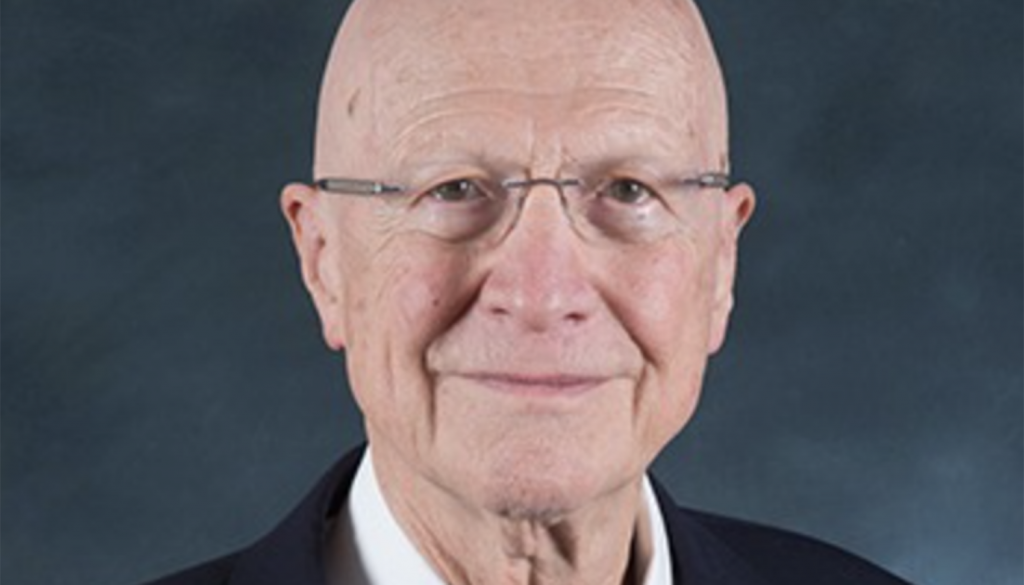When we think of philosophy and philosophers, if we think of those things at all, it is usually some guy with white hair and a white beard, wearing a toga and saying things that are mostly incomprehensible to us mere mortals.
As someone with an Introduction to Philosophy class under my belt, I am one of the least qualified people to opine on the subject.
But that lack of brilliance has never stopped me before on a wide range of topics, so why stop now?
I have tried, and mostly failed, to go it alone: reading Thomas Aquinas and Aristotle, and for the most part all I wound up with was an impressive-looking bookshelf. I wanted then, and still do, to “get it.”
In time — and I have been at it for a while — some nuggets of philosophy have sunk in — not that I know much what to do with them. I think I understand Aristotle’s “four causes” but fear not, I will not try to explain them here.
Just because something is difficult to understand does not mean it cannot be understood (with the exception of algebra and calculus, of course). The ancients were long considered unworthy of study by the Church, due to their pagan provenance. It was Aquinas who changed all that, and Aristotle, Plato, and Socrates were invited into the philosophical dance as he and other great Catholic thinkers showed their development of thought in much the same way the Church accepts a development of doctrine.
Philosophy, theology and almost all the other “ologies” are all about the same thing: the pursuit and understanding of the truth.
That is a tougher nut to crack in our present day and age, where so many people subscribe to the very unphilosophical stance that truth is subjective, and according to any number of popular culture figures, who have larger audiences than Aristotle ever had, the ultimate goal for someone is to follow “their” truth.
I have known about Peter Kreeft, Ph.D., for a long time and some of his books rest alongside other philosophical tomes in my home office (once again presenting an image of someone much smarter than they actually are). Dr. Kreeft is an everyman kind of philosopher. He is also a Catholic convert.
It would be grossly unfair to suggest his writings and vast array of lectures on YouTube are a kind of “philosophy for dummies,” but as one dummy can attest, his writing and his speeches have an accessibility that can penetrate even the densest information barriers around any brain.
There are two — actually there are dozens, but I am limited by word count and mental acuity so I will stick with two — amazing samples that I highly recommend. I have used these very videos on YouTube to share with a friend who is troubled by all the things going around, including inside the Church. I did a poor job explaining my case as to why he needs to remain a faithful Catholic and so I ran for help. Dr. Kreeft to my rescue.
His video about the “shocking” truth about Jesus should be mandatory viewing for every confirmation class in the archdiocese. His seven reasons why you should be Catholic should be mandatory viewing for people considering entering into the Church and those of us already in.
The best thing about Dr. Kreeft is his baseline affect of joy and happiness. It is not the kind of enthusiasm that is a mile long and an inch deep, nor is it some kind of false sense of perpetual optimism. In a lot of ways Dr. Kreeft is a realist when it comes to the folly of humankind, but he has a beautiful embrace of the absurd. In the end, he knows that God is in charge and that God himself has been dealing with human hubris and ridiculousness since Adam and Eve.
The joy that shines through when Dr. Kreeft gives a talk, whether he is making a commencement address at a prestigious college or speaking one-on-one with a podcaster, is a source of encouragement to leaky vessels like me. In an age of turmoil within and without the Church and so much uncertainty around every unseen corner, the mind and faith of someone like Dr. Peter Kreeft is a gift to cherish.

